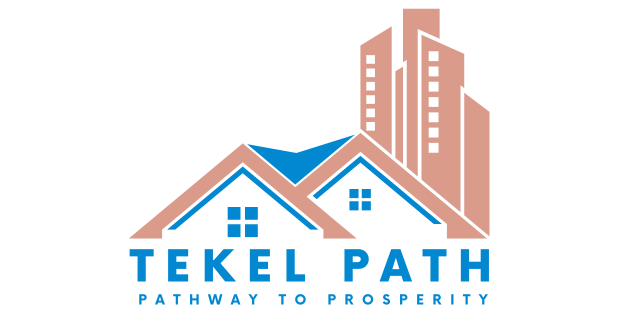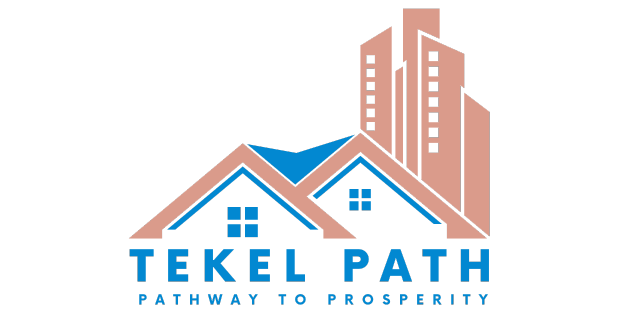Table of Contents
Let’s be honest. You will find self-improvement motivations everywhere, right? Everyone and their neighbor seem to have some “foolproof” strategy to get you from zero to hero in 30 days or less. Spoiler alert, Pal!!!! Most of those promises come with fine print—or worse, cringe-worthy motivational quotes that are about as helpful as a chocolate teapot.
But here? We’re doing something different. What’s that? This isn’t your run-of-the-mill pep talk, Pal. This is the Tekel Doctrine of Self-Improvement. A system born out of raw self-reflection, some tough love, and a refusal to sugarcoat the truth.
We are not here to sell you snake oil or claim life can be summed up in “10 easy steps.” Growth isn’t about shortcuts or magic tricks. It’s messy, painful, and—brace yourself—unending. But hey, what’s a little existential struggle if it makes you better, right? So, grab a coffee, settle in, and let’s dive into a vein of the Tekel doctrine of self-improvement.
What is Tekel?
Before we get too deep into this rabbit hole, let’s tackle the big question: What is Tekel?
The word “Tekel” originates from ancient Aramaic, meaning “weighed” or “assessed.” In historical contexts, it symbolized judgment—a moment of being measured against a standard and found wanting. Suppose that sounds harsh, good. Harsh is what shakes us from complacency.
Besides, think of Tekel as those pivotal moments in your life—when you look in the mirror and think, “Am I really living up to my potential?” It’s not about external judgment, but the internal epiphanies that drive you to ask, “What now?” Tekel is your reckoning, the spark that ignites a relentless pursuit of growth.
And trust me, I’ve been there. Those moments where you realize you’re your own harshest critic? They’re brutal, but they’re also transformative. The trick is not to wallow in self-pity, but to use that self-assessment as a launching pad for improvement.
The Tekel Doctrine of Self-improvement: A Quick Look
Now that we’ve defined Tekel, let’s break down the doctrine. Imagine it as a playbook, a roadmap for turning those soul-crushing epiphanies into meaningful change.
Step 1: Tekel (Recognition and Acceptance)
- Look yourself squarely in the metaphorical (or literal) mirror and get real.
- Moreover, accept your flaws, but don’t stop there—embrace them. Think of it as building the foundation before constructing the skyscraper, which is you.
Step 2: Setting High Standards
- Mediocrity? Not here. So, aim high, push boundaries, and set goals that scare you just a little.
- Oh, and don’t forget to review your progress. Nothing screams “self-growth” like realizing you’ve outgrown your old benchmarks.
Step 3: Continuous Learning and Growth
- Stay curious. The moment you think you know everything is the moment you’ve failed.
- Besides, embrace change like an old friend—the only constant in this wild ride.
Step 4: Accountability and Feedback
- Be your taskmaster. Because, nobody’s coming to rescue you, so hold yourself accountable.
- And let’s not forget feedback. It’s not just criticism; it’s free advice with a side of humility.
Step 5: Resilience and Adaptability
- Life’s going to knock you down. Build the muscle to get back up.
- Besides, you have to adapt like water. Flow around obstacles instead of slamming into them headfirst.
Step 6: Mindfulness and Balance
- Stay present. You’re not running a sprint; this is a marathon.
- Furthermore, balance ambition with self-care because burnout isn’t a badge of honor.
Step 7: Ethical Integrity
- Growth without ethics? That’s just chaos. Besides, stay true to your values.
- Bonus points if you inspire others along the way.
Step 8: Celebrating Progress
- Celebrate every win, no matter how small. Because, progress deserves a party, even if it’s just a solo dance in your kitchen.
The Tekel Creed
Takel creed is a guiding philosophy for personal growth and self-improvement. Tekel doctrine of self-improvement includes:
Acknowledge: Recognize flaws as the first step to growth.
Aim High: Set ambitious goals and strive for excellence.
Keep Learning: Embrace knowledge and improve daily.
Be Accountable: Own your actions and accept feedback.
Stay Resilient: Turn setbacks into progress and adapt the Tekel doctrine of self-improvement,
Practice Balance: Be mindful and prioritize well-being.
Act with Integrity: Uphold ethics and inspire change.
Celebrate Wins: Honor progress to fuel motivation.
The good news? You’re not doing this alone. Our instructions and blogs, your cheerleader (with a bit of tough love), and your occasional therapist. Together, we’ll tackle big questions, laugh at the absurdity of life, and uncover the tools to build a better, more potent version of you.
However, we are here to offer a flashlight while you stumble through the forest. It’s a mix of hard truths, dry humor, and actionable steps designed to help you become the best version of yourself—or at least a slightly better version than you were yesterday.
Besides, through the lens of Tekel, we’ll explore the highs, lows, and sideways detours of self-improvement. We’ll laugh, we’ll learn, and maybe we’ll grow together.
So, welcome to the beginning of something that might change your life—or at least make you smirk. Buckle up because the journey starts now.
Why Join the Tekel Movement?
This isn’t just a blog. It’s a call to action—a wake-up slap (the friendly kind) to everyone tired of living on autopilot.
Also, committing to the Tekel doctrine of self-improvement means you’re not just striving for improvement. You’re choosing truth in a world entirely of filters and facades. You’re choosing growth over comfort.
So, are you ready to weigh yourself—not on a scale (because let’s not go there)—but on the metrics that matter?
Tekel represents self-evaluation and the pursuit of growth. It’s about recognizing shortcomings and striving for better. The harshest judgments often come from within, as we are our toughest critics. Furthermore, embracing Tekel means turning these moments of reflection into catalysts for continuous improvement.
So, why not pay it for something worthwhile?
The price is NOT three easy payments of $19.99, as you’re likely to find anywhere else. The cost is commitment. Self-improvement isn’t about reaching a finish line; it’s an ongoing journey. Growth is constant, messy, and sometimes inconvenient, but it’s worth it. I’d like to encourage you, dear reader, to comment below your thoughts, and hopefully your commitment to this journey.

